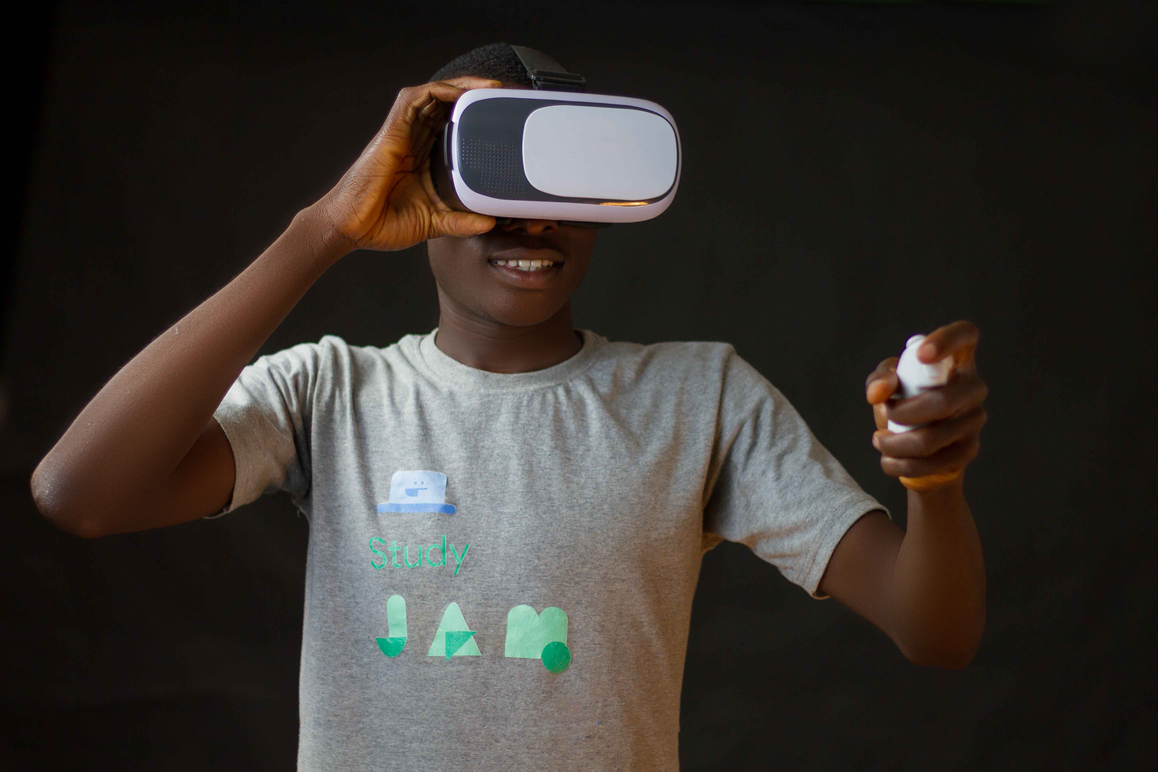
Industries That Will Be Transformed by the Metaverse
The metaverse has been making noise in the tech industry for years, but today its broad applications are being adopted by various other fields. Because of this, the global metaverse market is projected to rise at a whopping CAGR of 39.4% between 2022 to 2030. This rapid increase is attributed to the world’s growing desire to integrate digital and physical worlds and heighten efficiency in remote operations.
Metaverse technologies leverage hardware and software to provide a simulation of real-life environments. It does so by maximizing the possibilities of mixed reality, augmented reality, and virtual reality. These technologies allow it to have boundless applicability. As such, its future is driven by the innovations that industry leaders create for it. Here are some industries bound to be transformed by the metaverse.
Manufacturing
Operations like training, product design, and production are costly since they may deal with commodities as complex as aircraft or construction equipment. However, many of these costs can be reduced with augmented reality. Augmented reality is already changing the world with everyday applications, such as games, learning, health, and marketing. Overlaying digital objects into the real world allows users to see what they would look like in real life. This is useful in manufacturing, as it enables professionals to simulate their product before going into production. It can also provide more cost-effective employee training since they don’t have to use real parts to learn. Lastly, it optimizes worldwide collaboration by providing remote assistance for repairs and creating product designs. By facilitating meetings with greater ease and rendering plans in a more interactive way, augmented reality can heighten the efficiency of these processes. Technology company Siemens is already exploring metaverse use cases in manufacturing, beginning with digital twins. This technology overlays digital products on the physical object it represents to improve manufacturing processes and create better products.
Real Estate
With the metaverse, real estate professionals can have a much easier time showcasing their properties, especially to overseas buyers. While 3D models are adequate at showing what a property would feel like, they can be limiting for clients in terms of estimating the sizes of rooms or the feel of the area. However, with the metaverse, buyers can approximate what it would feel like to be physically present in the building. They can explore every square foot and inspect how each element comes together. Moreover, if they’re viewing multiple properties, then they can do so without spending days or weeks traveling to each one. This makes it much easier for agents to orient their clients on their options.
Education and Learning
The metaverse can bridge persistent learning barriers, such as geographic limitations, language barriers, and lack of access to education. The potential applications of metaverse technologies in education include blended learning, heightened collaboration, and competency-based teaching. Even in remote settings, the metaverse allows students to continuously find variation in their learning activities. In addition to lectures, they can work collaboratively and go on virtual field trips. The metaverse can also heighten inclusivity since participation is not limited to location, identity, or ability. Lastly, it can provide better competency-based learning, allowing students extensive training in programs that would otherwise require costly resources. For instance, they can observe surgeries up close as in real life or participate in constructing large vehicles with realistic parts.
Fashion
Through the metaverse, fashion designers can present their collections globally and reach a bigger audience. Fashion tech in the metaverse includes virtual fashion shows, trying on virtual clothes, and getting limited edition couture items using NFTs. Aside from benefitting designers, adopting the metaverse in fashion also benefits consumers. For instance, virtual clothing try-ons through augmented reality help customers see how certain pieces would look on their bodies. Additionally, accepting NFTs allow consumers to own digital limited fashion items, which they can use in the metaverse. These help designers and brands cut their production costs and minimize their unsold inventory by making the items that customers demand. Also, this reduces the textile waste the fashion industry generates. Berlin Fashion Week’s digital space, The Berlin Metaverse, offers these features—and more—through the Yoonaverse. This software makes endless digital clothing designs for consumers to view and try on.
The metaverse industry is quickly growing, with different sectors finding novel applications for these technologies in their fields. With all these possibilities, metaverse technologies are set to revolutionize countless industries in the near future.
Entertainment
The metaverse is reinventing how consumers interact with entertainment. You can stay at home even while watching sports matches or attending concerts in real-time as though you were there. Audiences can take a seat in a virtual stadium or concert hall for a truly immersive experience. Additionally, you can explore fictional and non-fictional virtual locations in the same way you would explore a theme park. Best of all, you can do this with others, so the space feels populated and vibrant. The International Boxing Association plans to launch the Global Boxing House Metaverse, a virtual platform wherein millions of boxing fans can watch broadcasts of boxing matches, engage in VR boxing training, and interact with fellow fans. The association aims to usher in a new era of boxing with this project, hoping to improve the overall experience of the sports community.
Submitted by Eleanor Park for berchain.com



